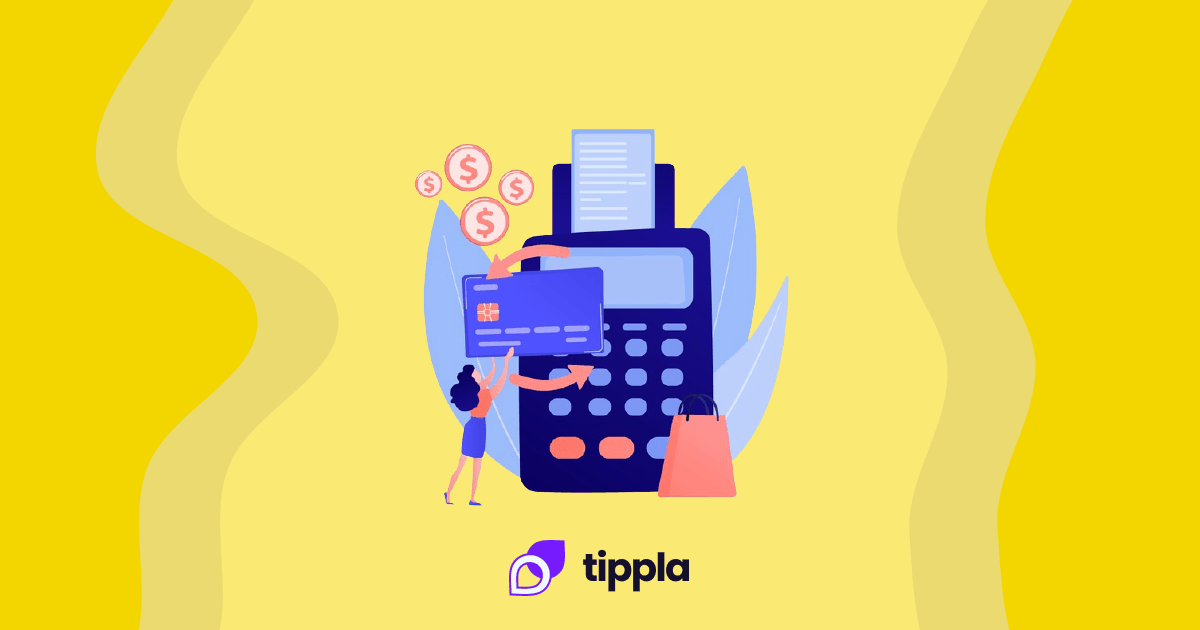Published in July 28, 2021
Car Insurance Fraud: What you need to know

It’s commonly known that car insurance fraud can be a serious offence, but were you aware that even certain errors on your policy application can be considered fraud?
Purchasing a car insurance policy is the equivalent of essentially signing a contract with the company. The way it works is that they agree to cover some costs of a car accident, either the damage caused to you or you’ve caused to others – and in return, you pay your premium in order to keep your policy and coverage active.
If you, another driver, a dealer, or even a dishonest insurance agent mislead the insurance company by falsifying information in order to pay less, that’s considered insurance fraud.
Submitting false information or faking an incident could result in serious consequences ranging from policy eviction to possible jail time. Here’s a list of different types of car insurance fraud.
Types of car insurance fraud
Car insurance fraud can occur in many different ways. In the insurance industry, fraud can be opportunistic, premeditated, or fraudulent non-disclosure.
Insurance fraud can be opportunistic, which is commonly the exaggeration or falsifying of a real claim. Opportunistic fraud could occur by claiming an old bump is caused by a recent accident. There’s also premeditated fraud, which is the act of theft or staging an incident with the purpose of fabricating a claim. Fraudulent non-disclosure, on the other hand, is when someone misrepresents or falsifies material on their applications, such as failure of disclosing a criminal conviction.
Falsely reporting a stolen vehicle
In the event of theft, your insurance company will consider it a loss and will reimburse you accordingly to your comprehensive coverage. After conducting an investigation, your carrier will pay out the value of your car and you can use the pay-out to buy a new vehicle. If a policyholder intentionally destroys or abandon their vehicle and apply for a theft claim, then that’s considered a serious case of insurance fraud.
Exaggerating claims
Typically in the event of an accident, if you’re deemed at fault, your liability coverage will cover the other driver’s repair and medical bills.
However, it’s considered a form of fraud if the driver were to exaggerate their claim by declaring older damage was caused by the current accident they’re reporting in order to receive money. Additionally, repair shops can also be guilty of fraud by billing insurance companies for unnecessary repairs or even charging you more than what the repair was worth.
Misrepresenting or overlooking information on a car insurance application
Upon purchasing a car insurance policy, you’re required to submit personal information such as your address, identification documents, and driving history. Falsifying certain details such as overlooking a recent accident to lower your premium is considered fraud. Your insurance company will most likely find out as they will always look up your driving history regardless of the information you provide.
Stating that your car is parked somewhere else in order to get cheaper rates is another form of insurance fraud, and your insurance company will most likely find out either by investigating it or in the event of an accident.
If you don’t list every driver in your household on your policy, and one of the unlisted drivers gets in an accident, you will most likely not get covered by your provider, regardless if not listing them in your policy was accidental.
What happens if you make a false car insurance claim?
Committing insurance fraud is not simple and is easily detectable considering insurance companies have thoroughly strong systems in place to identify any possible fraud. Upon filing a claim, you’ll need to provide your carrier with photos, police reports, details of the incident, any bills, as well as available witness reports. Additionally, you’ll be assigned a claims representative to investigate your claim and determine your reimbursement. Their investigation may include visits to the mechanic shop where your car is being repaired. This helps determine the level of truth behind your claim.
Some larger insurance companies use advanced technology to help identify any form of fraud or suspicious patterns. If your claim is detected as fraudulent, it will most likely be sent to a special investigations unit to determine the legitimacy of your claim.
If your car insurance company finalise your claim as fraudulent, the consequences can vary depending on the severity of the fraud.
Can you go to jail for insurance fraud?
Depending on the severity of your committed fraud, you could go to jail if your insurer decides to submit your case to law enforcement. If your carrier discovers either false information on your application, you could also either face higher premiums or cancellation of your policy. In the more serious cases of fraud, you’ll either be sentenced to jail or fined thousands of dollars.
Avoid any suspicion of insurance fraud by being as honest as possible in your insurance application and when filing claims. If you suspect you may be the victim of an insurance scam or fraud, contact your car insurance company or the Insurance Fraud Bureau of Australia (IFBA).
While we at Tippla will always do our best to provide you with the information you need to financially thrive, it’s important to note that we’re not debt counsellors, nor do we provide financial advice. Be sure to speak to your financial services professional before making any decisions.
Related articles

Can You Refinance Your Home Loan to Consolidate Debt?
07/09/2021
Do you want to know more about how to...

Tippla got a makeover – we’re back, and we’re better than ever!
24/08/2021
Tippla has rebuilt its platform from scratch, to give...

How Credit Enquiries by Utilities Companies Affect Your Credit Score
16/01/2024
In Australia, it’s essential to understand how utility companies...

Subscribe to our newsletter
Stay up to date with Tippla's financial blog